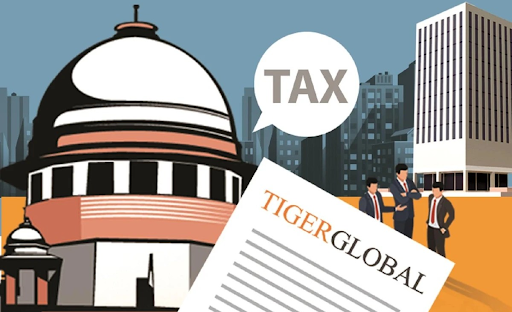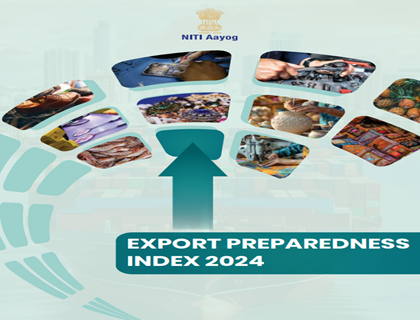Description
Context: One evening in September 2019, a delivery partner of a popular food app saw a message on his smartphone every time he entered his partner login ID: “User not authorised”. Unilaterally suspending IDs was a common tool which platforms like Zomato, Swiggy, Ola and Uber deploy to discipline and punish their partners.
Evasion of legislative frameworks:
- App-based businesses like Zomato, Swiggy, Ola and Uber identify themselves as “marketplaces” or “technology platforms”, while labelling workers as “partners” or “self-employed persons”.
- This framing enables them to evade legislative frameworks which ensure labour safeguards and state-regulated rates for services (e.g. taxi fares as set by the government), while simultaneously allowing them to transfer costs of owning and maintaining assets like cars and motorbikes on to platform workers.
Excessive Control:
- Far from being mere facilitators of work, these app-based businesses control all aspects of a partner’s work and impose numerous conditions which directly affect earning capacity.
- Some of these conditions are measured in terms of performance metrics such as order acceptance rate, cancellation rate and customer ratings.
ILO Report on Digital Platforms:
- The recent ILO report on digital platforms clearly spells out the long working hours that platform workers from developing countries such as India put in, together with the complete lack of grievance and dispute resolution mechanisms available to workers.
Conclusion:
- The Code on Social Security passed in India last year creates the possibility for “platform” and “gig” workers to be eligible for certain social security benefits, which is welcome.
- Governments must evolve regulatory frameworks which uphold the rights of platform workers to collectively bargain, create clear and effective mechanisms for resolving disputes and grievances, make platforms accountable for workers’ income security and ensure workers access to their data.
- This is the least that can be done to better the lives of platform workers in India.
|
Code on Social Security, 2020 on Digital Platforms:
● Introduces the definition of aggregator which denotes a digital intermediary or marketplace for a buyer or user of a service to connect with the seller or the service provider.
● The introduction of this definition is linked to the ushering in of two more terms namely: platform worker and gig worker.
● Platform worker refers to individuals engaged in platform work which is defined to mean a work arrangement outside of a traditional employer-employee relationship in which organisations/individuals use an online platform for problem-solving or to provide specific services.
● Gig Worker is defined as a person who performs work or participates in a work arrangement and earns from such activities outside of a traditional employer-employee relationship.
|
https://indianexpress.com/article/opinion/columns/zomato-delivery-partner-suspension-food-app-7240416/












